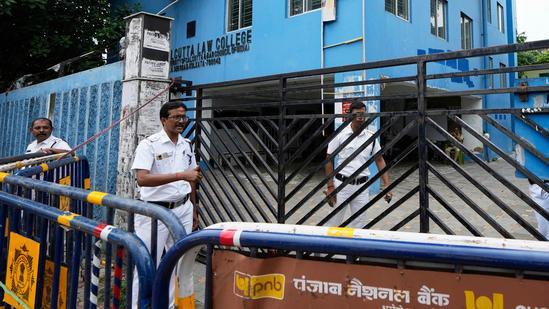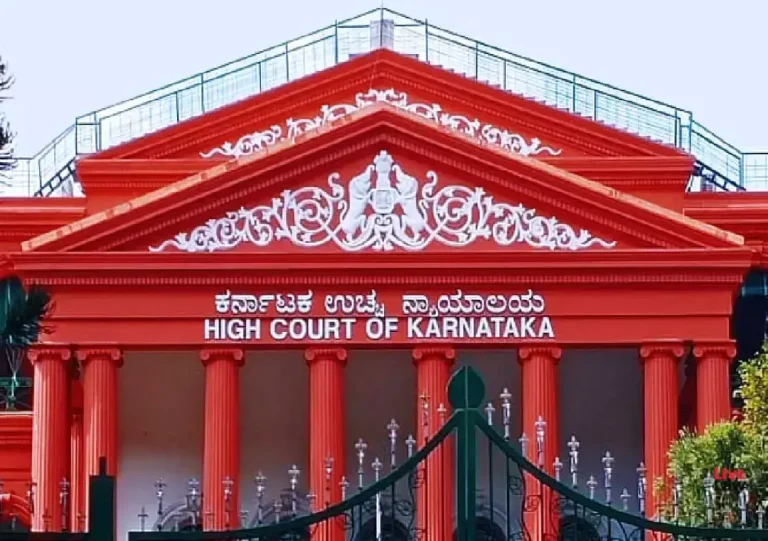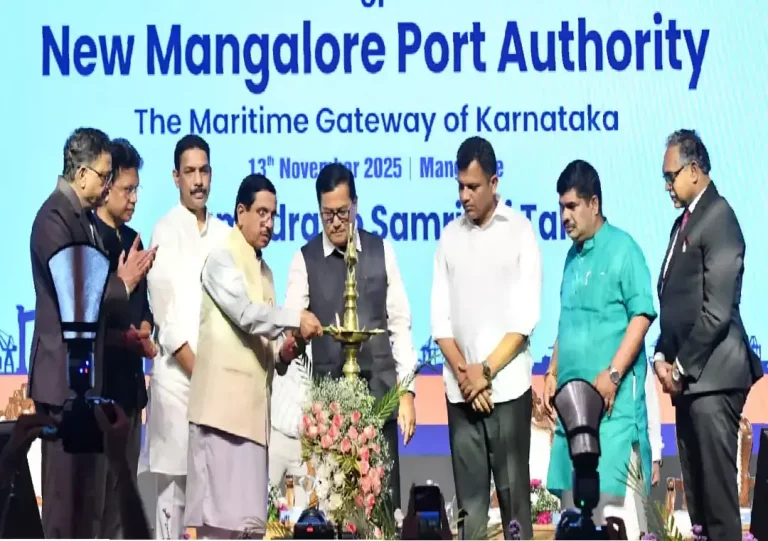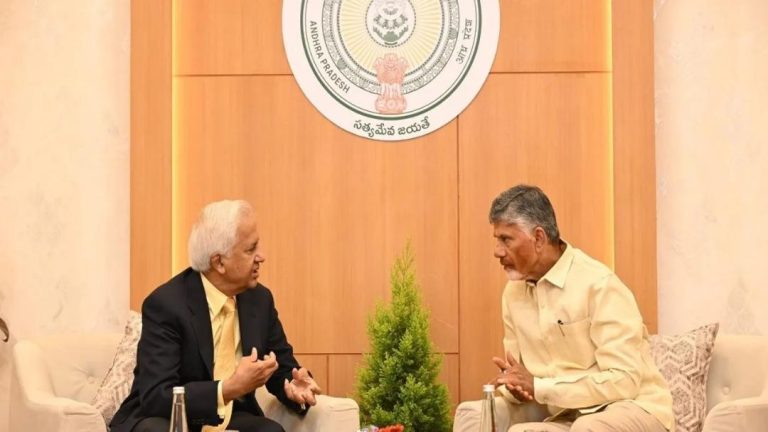
Police didn’t let us meet victim or family: NCW’s Archana Majumdar
The recent gang-rape incident in Kolkata has sent shockwaves across the nation, with widespread outrage and condemnation pouring in from all quarters. The incident has also raised concerns about the handling of such cases by the authorities, with the National Commission for Women (NCW) member Archana Majumdar expressing her frustration and disappointment with the police’s lack of cooperation in the investigation.
In an interview with a leading daily, Majumdar revealed that she was not allowed to meet the alleged gang-rape victim, nor was she permitted to visit the crime scene or take any photographs. Moreover, she was also told that the police did not want her to meet the victim’s family. This lack of transparency and cooperation has sparked concerns about the police’s handling of the case and its commitment to ensuring justice for the survivor.
Majumdar’s account of her experience highlights the challenges faced by the NCW in its efforts to support survivors of gender-based violence. The commission’s role is to provide assistance and support to victims of such crimes, and to ensure that their rights are protected and upheld. However, Majumdar’s experience suggests that the police may not always be willing to cooperate with the NCW, or even allow them to fulfill their duties.
The gang-rape incident in Kolkata is a stark reminder of the pervasive gender-based violence that exists in our society. It is a crime that is often committed with impunity, and it is often the most vulnerable members of society who are targeted. The survivor of the gang-rape, who is said to be a young woman, has been subjected to unimaginable trauma and suffering, and it is the responsibility of the authorities to ensure that she receives justice and support.
The police’s refusal to cooperate with the NCW is not only a betrayal of the survivor’s trust but also a violation of her rights. The NCW has a crucial role to play in ensuring that survivors of gender-based violence receive the support and assistance they need, and that their voices are heard. It is the responsibility of the authorities to ensure that the NCW can fulfill its duties without obstruction or interference.
The lack of transparency and cooperation in the investigation has also raised concerns about the police’s handling of the case. The police have a duty to investigate crimes and bring perpetrators to justice, but this cannot be done in a way that is secretive and opaque. The police must be transparent and accountable in their actions, and must ensure that the public is informed about the investigation and its progress.
The gang-rape incident in Kolkata is a wake-up call for all of us to take action against gender-based violence. It is a crime that affects not just the survivor but also their families and communities. It is a crime that is often committed with impunity, and it is often the most vulnerable members of society who are targeted.
We must all work together to create a society that is free from gender-based violence. This requires a commitment to ensuring that the rights of women and girls are protected and upheld, and that they are able to live free from fear and intimidation. It requires a commitment to ensuring that the perpetrators of such crimes are brought to justice, and that they are held accountable for their actions.
In conclusion, the police’s refusal to cooperate with the NCW is a betrayal of the survivor’s trust and a violation of her rights. It is a reminder that gender-based violence is a pervasive and entrenched problem in our society, and that it requires a concerted effort to address. We must all work together to create a society that is free from gender-based violence, and that ensures that the rights of women and girls are protected and upheld.






